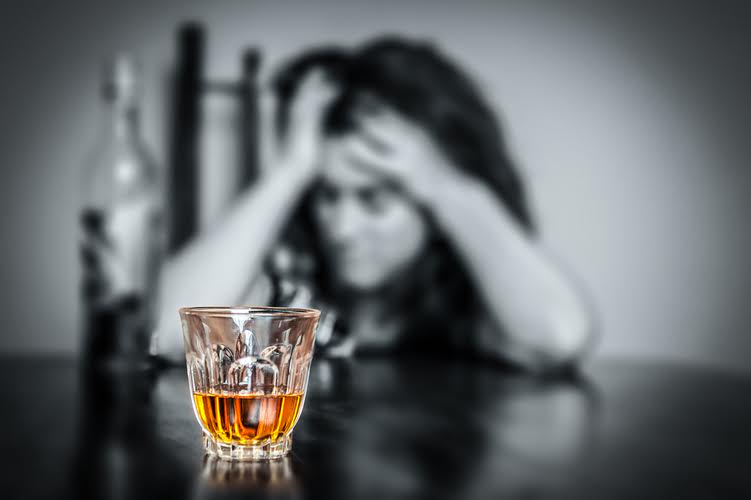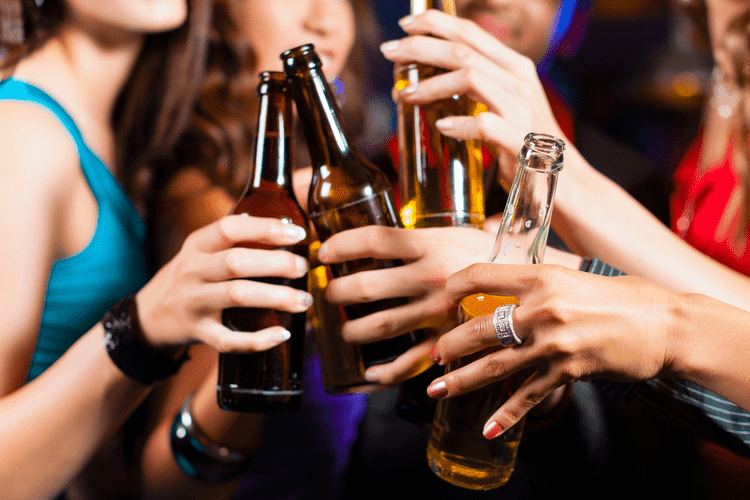Research has not found a correlation between the extent of electrolyte disruptions and the severity of hangovers, or the impact of added electrolytes on hangover severity. In most people, the body will quickly restore electrolyte balance once the effects of alcohol subside. A hangover is unpleasant, but symptoms tend to go away within a day or so.

You drank on an empty stomach.
The best way to prevent hangovers is to avoid drinking. If you find that you are unable to control your drinking, it is essential to seek help. There are no instant hangover cures, but doctors recommend waiting at least 48 hours before drinking again to give your body time to recover. They recommend doing this for everyone, regardless of the presence of a hangover. Although alcohol is known to induce sleep, it’s most likely to cause disrupted sleep.6 This makes you feel worse when you wake up, prolonging and worsening hangover symptoms.
Feel like you should be drinking less? Start here
There’s evidence that reduced sleep after drinking leads to more severe hangovers. This affects many of your body’s normal functions, such as breathing, temperature regulation, and heart rate. Alcohol poisoning can be deadly or have serious long-term consequences.
- No content on this site, regardless of date, should ever be used as a substitute for direct medical advice from your doctor or other qualified clinician.
- If you’re vomiting frequently, it’s important to be mindful of dehydration symptoms, like dark-colored urine, decreased urination, and fatigue.
- If one is experiencing dizziness, then it may be helpful to drink water and lay down or sit still for some time.
- However, they do not speed up the detoxification process.
- Your blood-alcohol concentration (BAC) measures how much is in your blood.
Take Our Alcohol Abuse Self-Assessment
Alcohol poisoning is a serious and sometimes deadly result of drinking large amounts of alcohol in a short period of time. Drinking too much too quickly https://dmoon.ru/obzor409.shtml can affect breathing, heart rate, body temperature and gag reflex. A hangover is a common condition that occurs hours after alcohol consumption. You may have a headache, feel nauseated, or get dizzy when you have a hangover. The effects usually begin hours after drinking alcohol and can last for a whole morning or even for several days.
Aspirin and ibuprofen (Advil, Motrin IB, others) can cause your stomach to make more acid, which can irritate your stomach. And acetaminophen (Tylenol, others) may cause serious liver damage if taken with too much alcohol. Ultimately, the only surefire remedy for a hangover is to avoid getting one by drinking in moderation or choosing not to drink. Believe it or not, how many drinks you have doesn’t appear have a significant impact on how long a hangover lasts, according to a 2017 study. Drink water and eat food to dispel your hangover blues. Drinking alcohol, especially if you’re already dehydrated or becoming dehydrated, can make it harder to focus on https://restaurant-e-guide.com/my-friends-think-i-go-just-for-the-coffee/ certain tasks, react during situations, and make decisions.
Other Substances That Contribute to Hangover Symptoms
- If your hangover includes diarrhea, sweating, or vomiting, you may be even more dehydrated.
- These feel-good hormones can help alleviate some symptoms of a hangover.
- Rehydrating with fluids, most importantly water, and taking an over-the-counter pain medication like acetaminophen (Tylenol) or ibuprofen (Advil) will help with your symptoms.
- Extract of the fruit from Hovenia dulcis, a tree native to East Asia, also showed promise in a small study.
It’s also good to know the difference between alcohol poisoning and hangovers, though alcohol poisoning symptoms usually show up while you’re drinking, not the day after. Drinking can also affect your mood if you already have a mental health condition or use alcohol as a coping mechanism for your mental health. A 2017 study found that many people report feeling more aggressive or even feeling an overwhelming amount of emotions when they drink, especially if they had some dependence on alcohol. The study also suggested that heart rate increases as you drink more alcohol, and these increases can raise your risk of arrhythmia, an irregular heartbeat. Booze can also affect your blood sugar, says Chaun Cox, MD, family medicine physician at Mayo Clinic Health Systems.

Dr. https://www.ukad.org/SouthAfricanRugby/south-africa-wales-rugby Marino says, yeah, it’s important to stay hydrated. A Gatorade, Pedialyte or similarly electrolyte-infused beverage before you go out or the morning after certainly won’t hurt. But you shouldn’t expect them to work miracles either.

How to prevent future hangovers
Alcohol has a diuretic effect that makes you pee more, leading to dehydration if you’re not also drinking water. If you drink enough alcohol to vomit, then that’s even more fluid lost. You may build a tolerance to alcohol if you drink enough consistently. This occurs when your body learns to adjust to the presence of alcohol and produce more enzymes to break down alcohol in your system. Alcohol can direct heavier blood flow to areas in your pancreas known as islets. This causes your pancreas to make more insulin, which can make your blood sugar drop.

